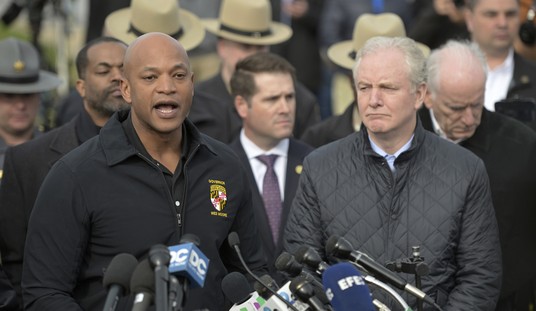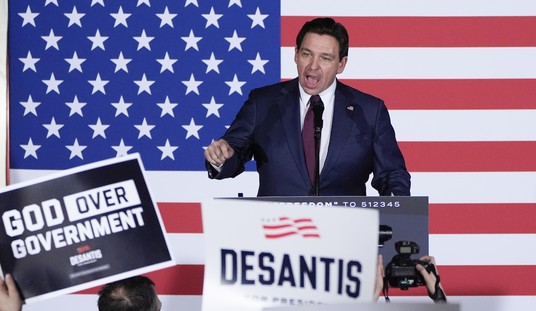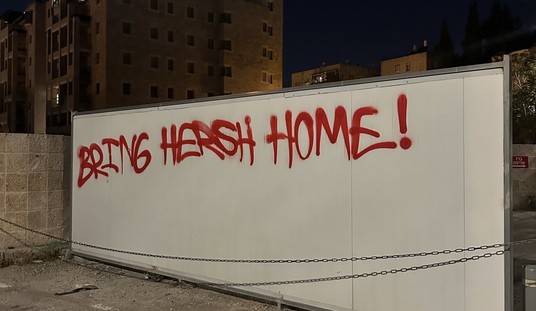Ever since the Supreme Court forced Washington DC to allow for Second Amendment rights in the Heller decision, the district has tried to find ways to re-establish its near-ban on firearms. Instead of refusing to issue permits altogether — its operational stance, pre-Heller — DC instead instituted a threshold that required permit applicants to have a “good reason” to exercise their rights, as determined by … the same people who balked at allowing anyone to exercise them legally in the first place.
Enough is enough, Judge Frederick Scullin ruled yesterday, Stephen Gutowski reports for the Free Beacon. The court issued a temporary injunction against any application of the “good reason” standard, and Scullin made it clear that he figures it will not survive in the final ruling:
Scullin barred DC Metropolitan Police Chief Cathy Lanier from enforcing the city’s requirement that a person applying for a concealed carry permit must prove they have a “good reason” to need one. This requirement created a system where only those with police reports detailing violent threats against them could obtain a permit. …
“This conclusion should not be read to suggest that it would be inappropriate for the District of Columbia to enact a licensing mechanism that includes appropriate time, place and manner restrictions on the carrying of handguns in public,” Judge Scullin said in his ruling. “The District of Columbia’s arbitrary ‘good reason’/’proper reason’ requirement, however, goes far beyond establishing such reasonable restrictions.”
“Rather, for all intents and purposes, this requirement makes it impossible for the overwhelming majority of law-abiding citizens to obtain licenses to carry handguns in public for self-defense, thereby depriving them of their Second Amendment right to bear arms.”
Well, that was the point. The district’s establishment wants to make it impossible or very nearly so for law-abiding citizens to exercise their rights in the nation’s capital, and they calculated this law to leave themselves enough room to guarantee it. This particular effort was so bad, though, that it was doomed to failure, and should embarrass everyone associated with it. The law essentially said that constitutional rights can be rationed by government only on the basis that government sees a “good reason” to allow it. I’m pretty sure that’s not what the framers of the Constitution had in mind with the Bill of Rights.
The city tried to argue that the “good reason” requirement was connected to public safety, but Scullin rejected the argument:
While, as stated, Defendants argue that the District of Columbia’s “good reason”/”proper reason” requirement relates reasonably to its interest in preventing crime and protecting public safety, they have not established that relationship.
The fact that an individual may be able to demonstrate a greater need for self-protection, and therefore meets the “good reason”/”proper reason” requirement, does not indicate, in any way, whether that person is less likely to misuse handguns or may be less dangerous. See Drake, 724 F.3d at 454 (Hardiman, C.J., dissenting). Nor does the District of Columbia’s “good 12 reason”/”proper reason” requirement make it less likely that those who meet this requirement will accidently shoot themselves or others or engage in criminal activity than those who cannot meet this requirement. See id. The fact that a person may have a greater need for self-protection says nothing about how limiting the carrying of handguns to such individuals would result in a reduction of risk to other members of the public or reduce violent crime. Is the Court to conclude that people who do not have a heightened need for self-protection are more likely to commit violent crimes?
Furthermore, even if the Court were to accept the proposition that handguns are used disproportionately in the commission of violent crimes, how is that use related to whether or not a person has a greater need for self-protection? Moreover, isn’t it possible that even persons who cannot manifest a present need for self-protection are just as likely to be victims of a violent crime.
That doesn’t sound as though Scullin’s going to be endorsing this standard in the end. Don’t underestimate the impulse for this kind of mischief in DC, though. Assuming that Scullin follows through and rules against them in the final decision, they’ll likely try doing the same thing again, only slightly more narrowly tailored than the laughable “good reason” option.








Join the conversation as a VIP Member